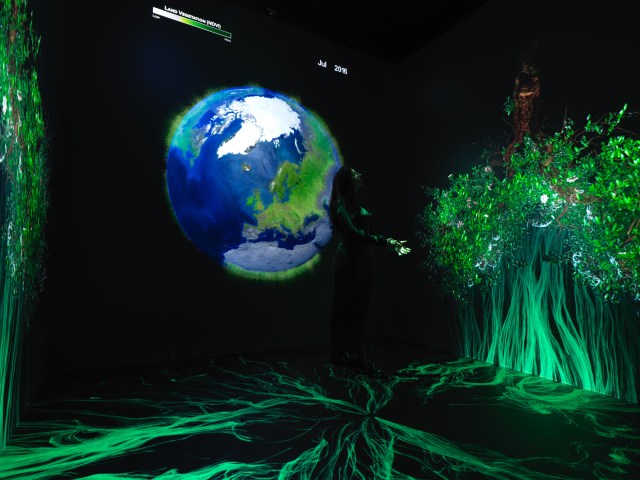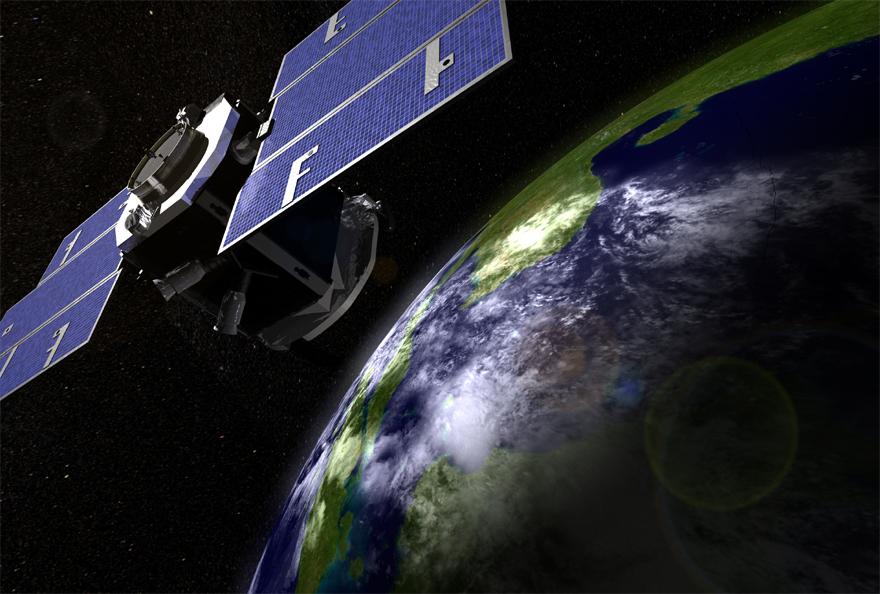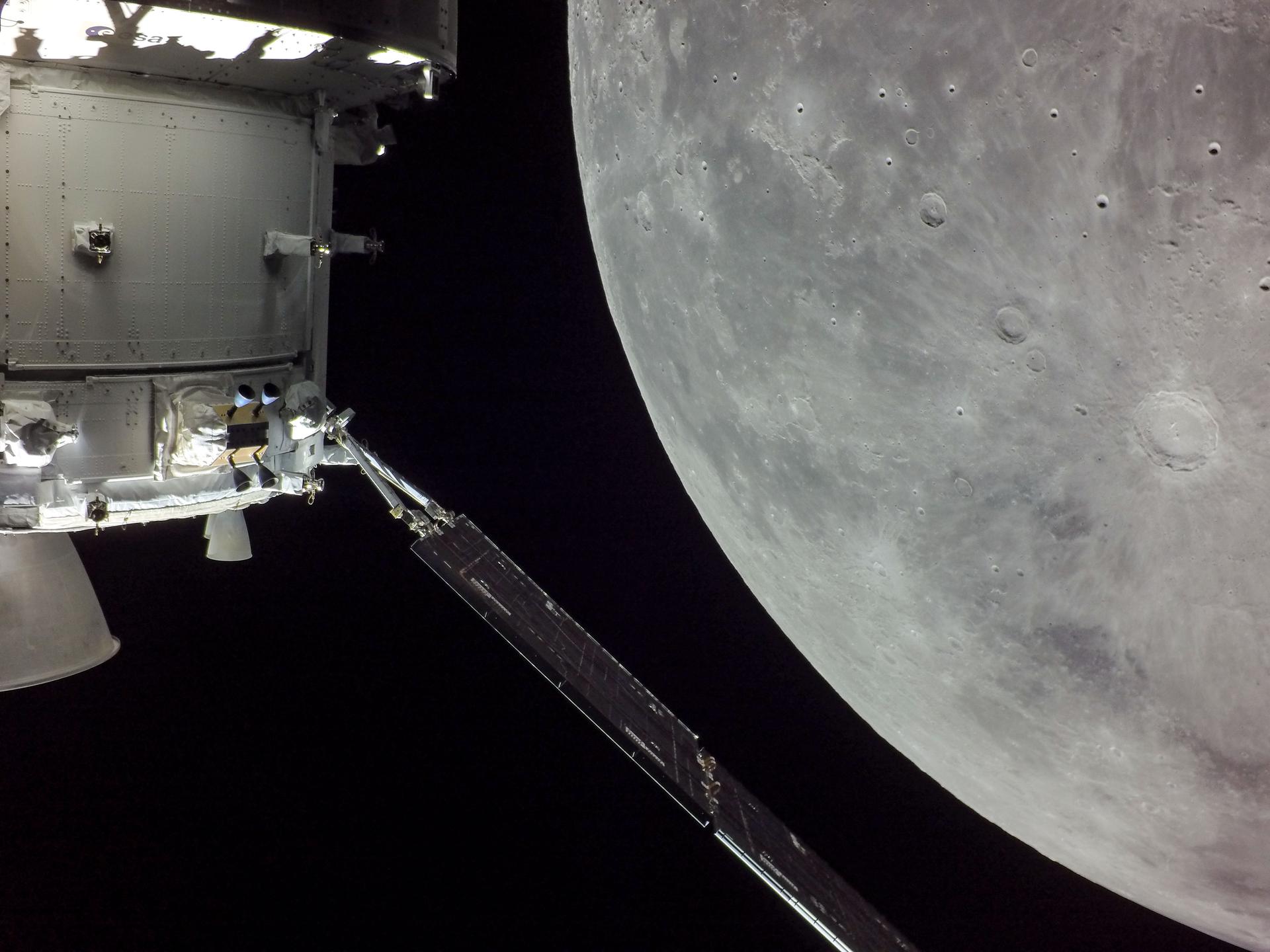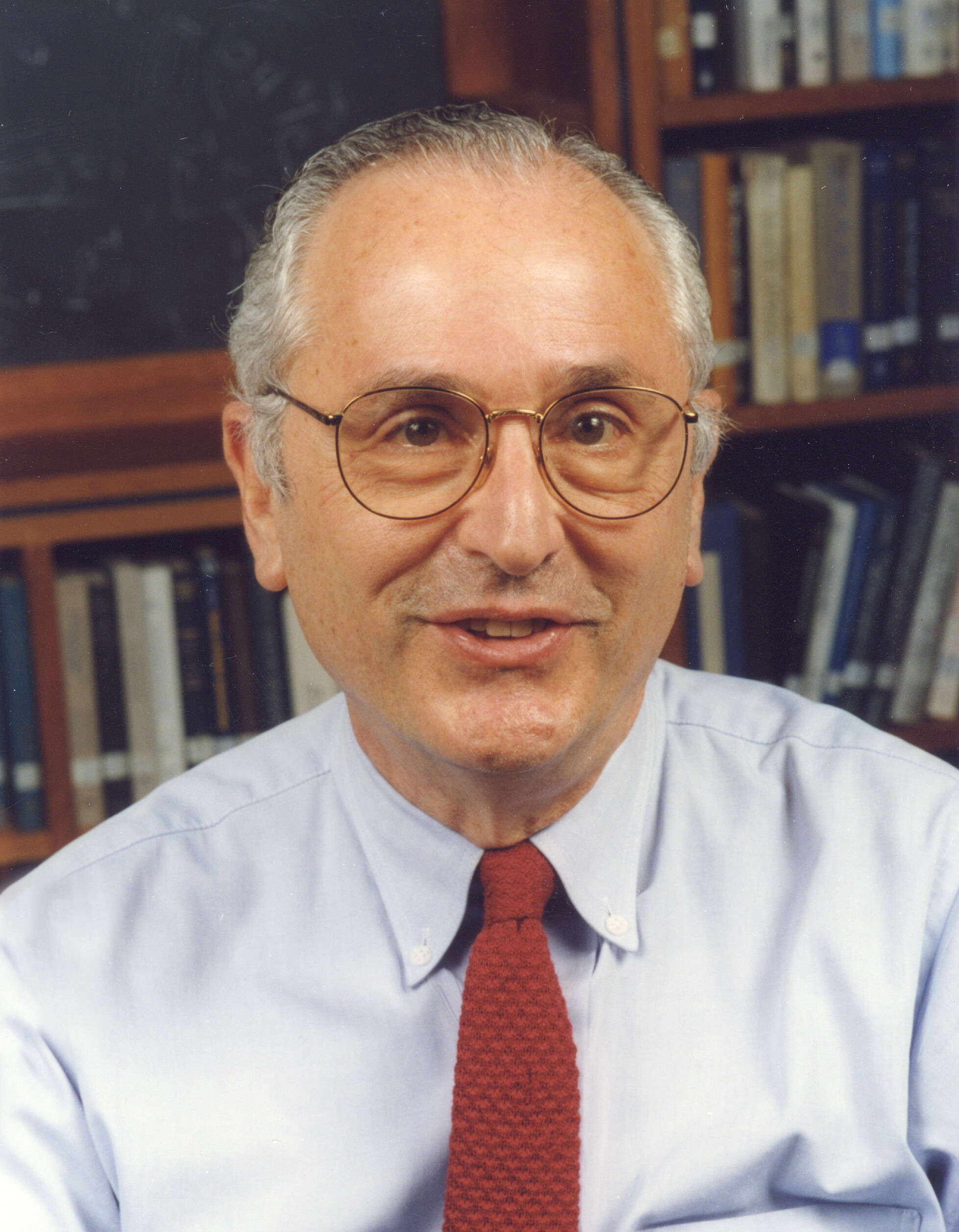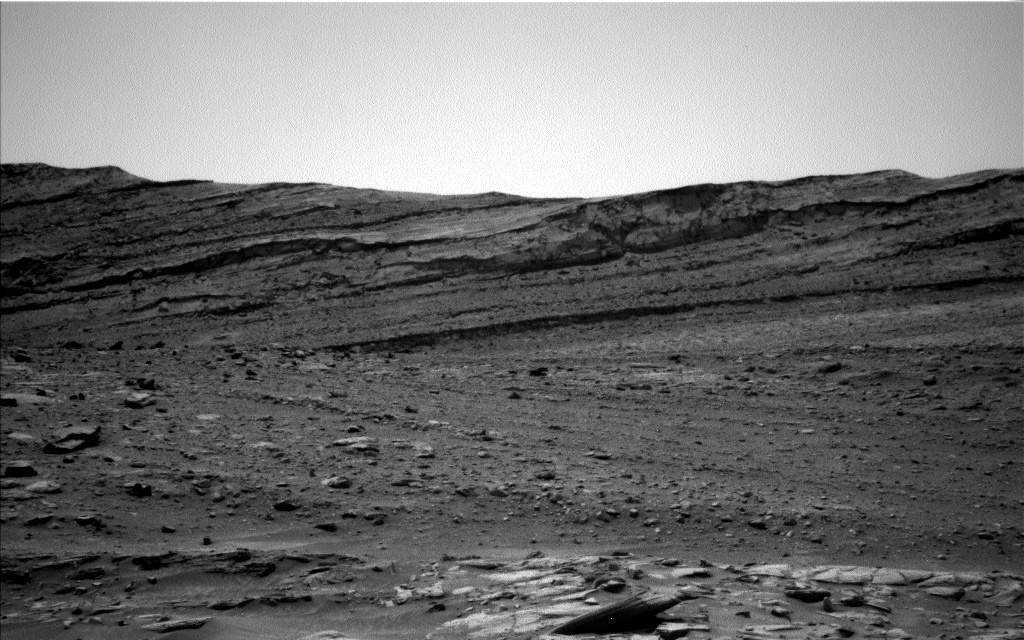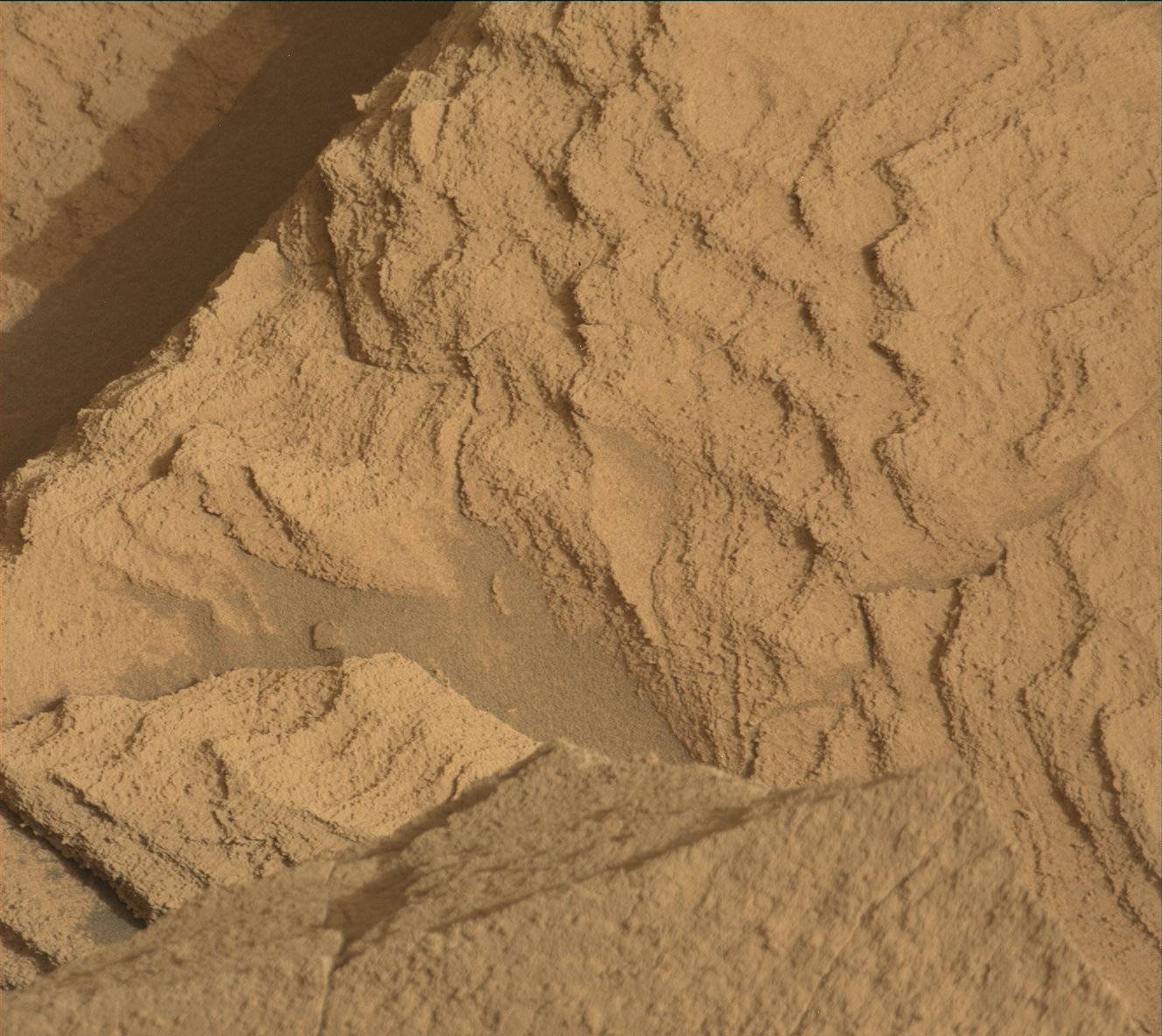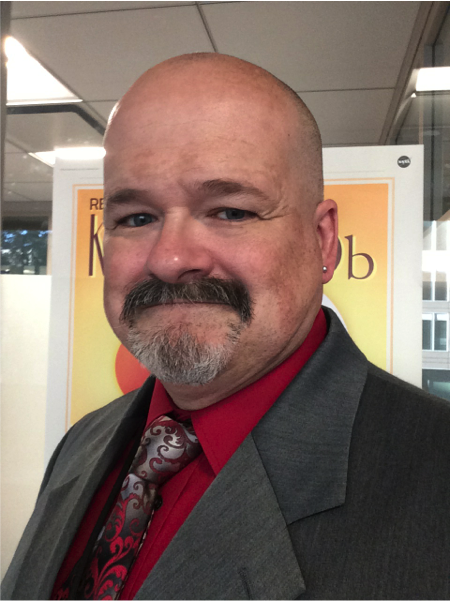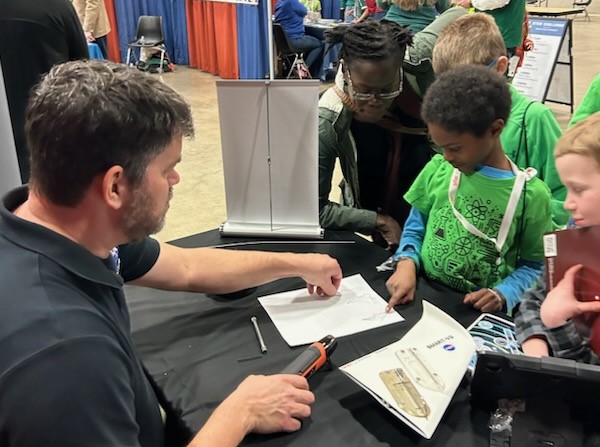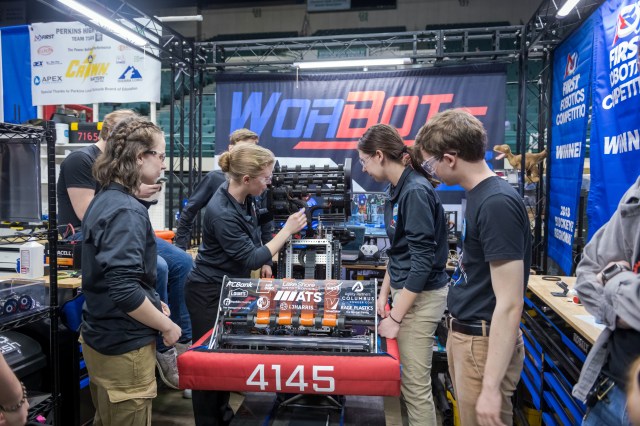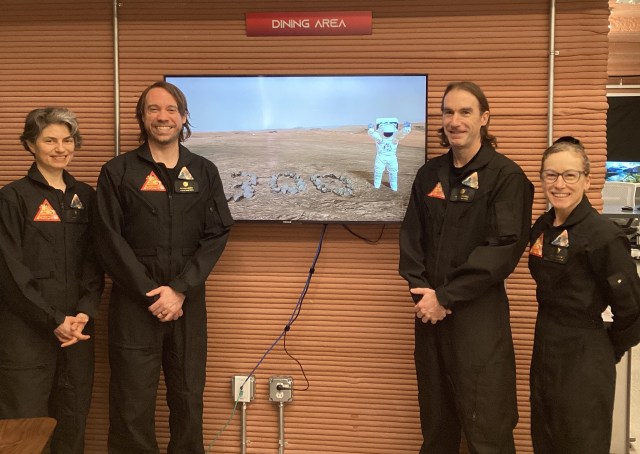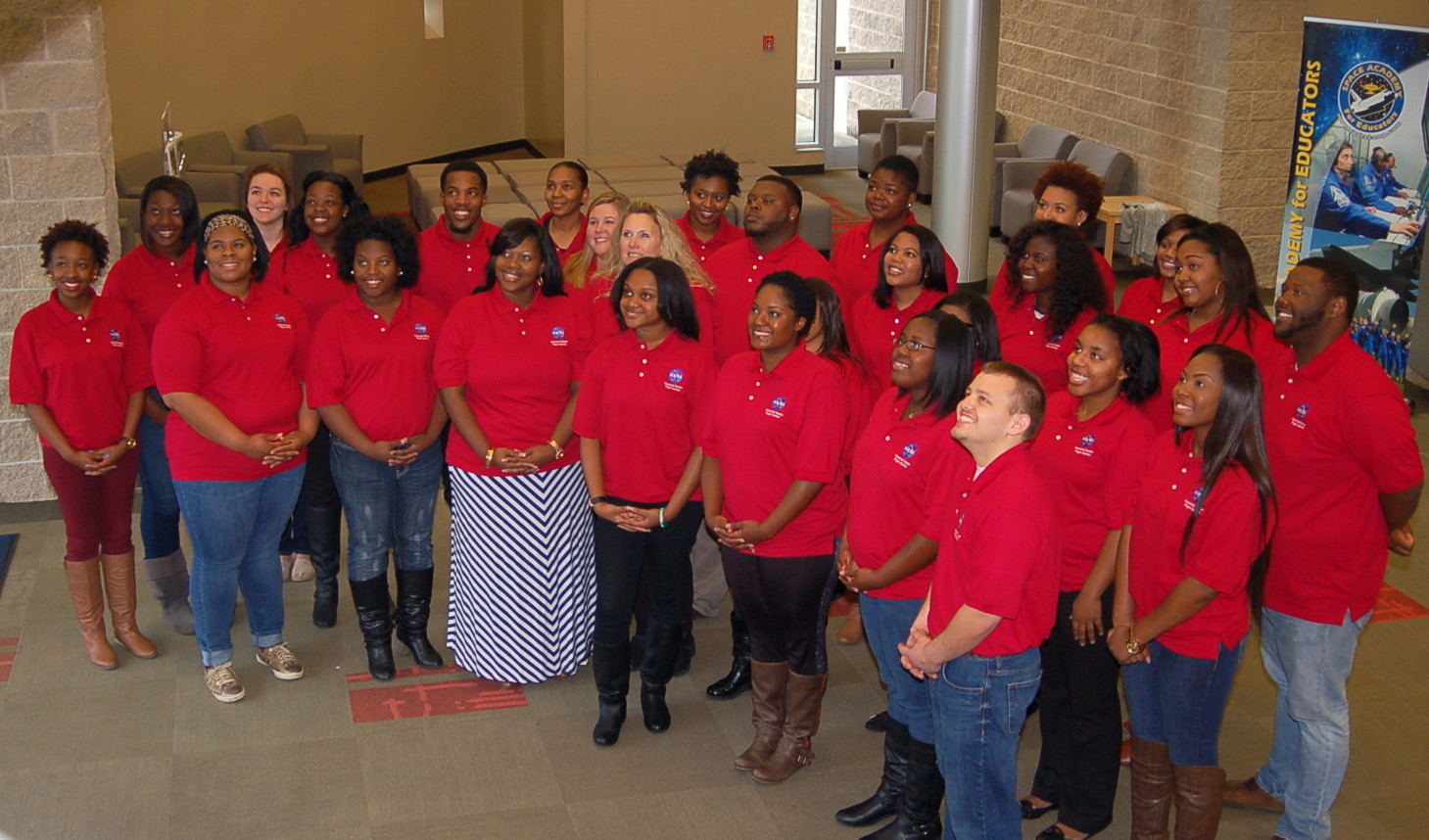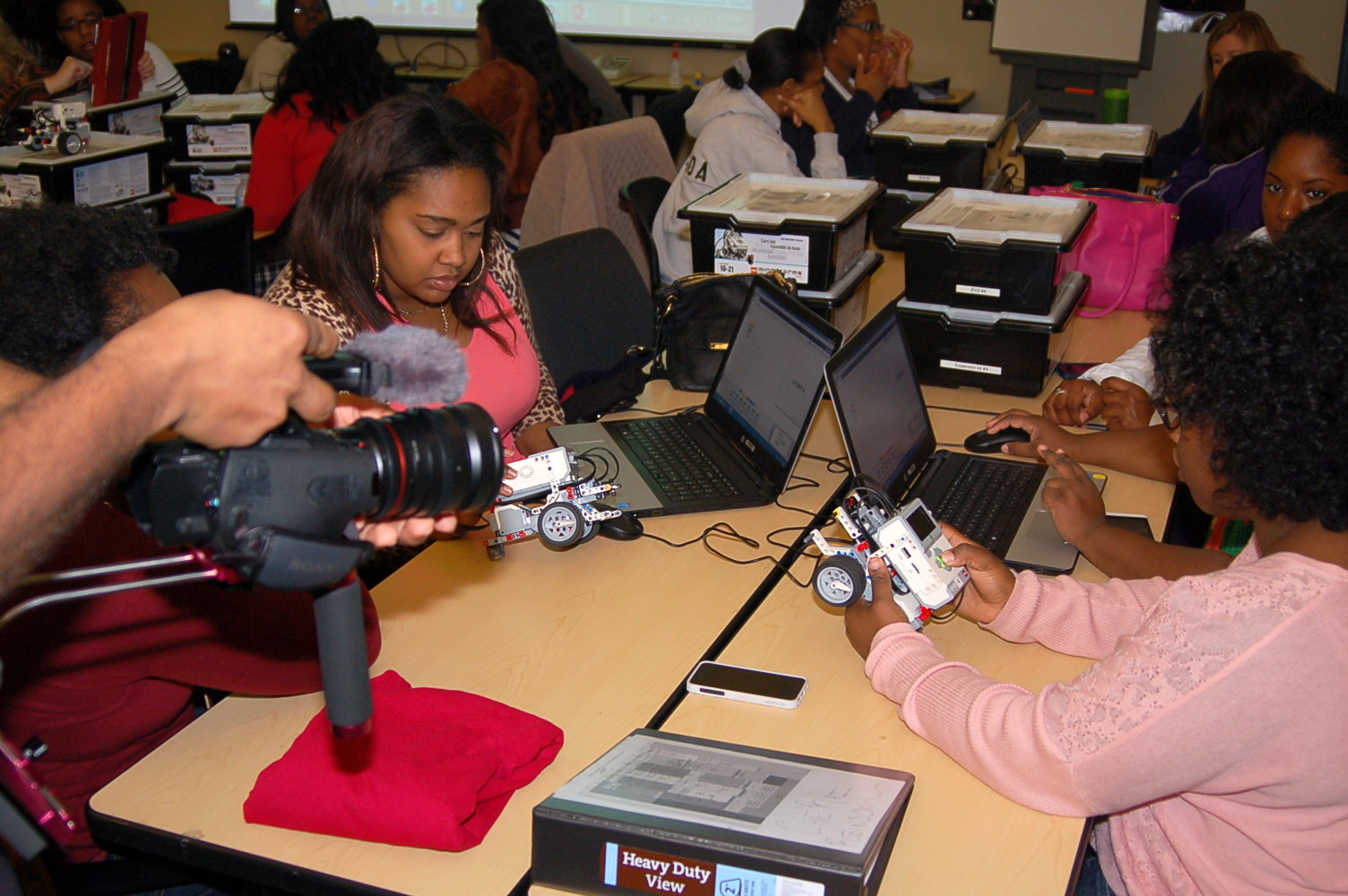Robots, moon rocks and planetariums. That’s what future teachers saw during the Pre-Service Teacher Institute (PSTI) workshop at NASA’s Marshall Space Flight Center in Huntsville, Alabama, Dec. 14 –19.
Thirty college students from eight states attended the professional development workshop, which is designed to improve the teaching abilities of undergraduates pursuing education degrees. This online and on-site activity focused on NASA activities in STEM education — science, technology, engineering and math.
Students learned to incorporate NASA-unique research into engaging lesson plans for their future student classes. The workshop’s culminating event was an authentic teaching opportunity at a local middle school. In addition, to increase their marketing skills for future employment, students produced a comprehensive electronic portfolio to highlight their academic studies and teaching experiences.
“Our development of great teachers now will lead to more ambitious students in the future,” said Susan Currie, of Marshall’s Academic Affairs Office. “Everyone worked hard, broadening their teaching abilities and raising awareness of the roles NASA plays in our lives.”
The workshop was planned and conducted by Marshall team members, along with staff from Oakwood University in Huntsville. They modeled best practices and current teaching strategies of inquiry-based learning. Topics included robotics, Newton’s laws, planetary geology and more.
When asked which activities stood out the most, these aspiring educators all gave a unanimous answer — visiting a local school to teach real NASA lessons.
“We learned to use interactive problem-solving activities that simplify difficult subjects,” said Jaquane Johnson, an elementary education major at Oakwood University. “PSTI definitely increased our classroom readiness and gave us the element to launch students into a better future.”
Students also visited Marshall facilities to learn about future propulsion systems and 3D printing in space. They also viewed the Payload and Operations Integration Center, where Marshall manages the scientific payloads on the International Space Station.
Closing the week was another unique activity, a lunar/meteorite certification session. John Weiss, an education specialist in Marshall’s Academic Affairs Office, trained and certified the students to request and display NASA moon rocks and meteorite samples for future classroom activities.
Participants were chosen through a competitive-selection process involving a review committee of Marshall team members and Oakwood University staff. This workshop served students currently pursuing education degrees and included, but was not limited to, underserved students from minority serving institutions.
NASA’s Minority University Research and Education Project, known as MUREP, currently funds PSTI to ensure students pursuing STEM degrees have access to NASA’s education opportunities. PSTI workshops have been held at other NASA centers, including the Ames Research Center in Moffett Field, California; Johnson Space Center, in Houston; Kennedy Space Center in Florida; Langley Research Center in Hampton, Virginia; and Stennis Space Center, near Bay St. Louis, Mississippi.
To learn more about PSTI events at the Marshall Center, visit:
https://www.nasa.gov/offices/education/centers/marshall/minority/Pre-service_Teacher_Institute.html
To learn more about PSTI at all NASA centers, visit:
https://www.nasa.gov/offices/education/programs/descriptions/Pre-Service_Teacher_Institutes.html

